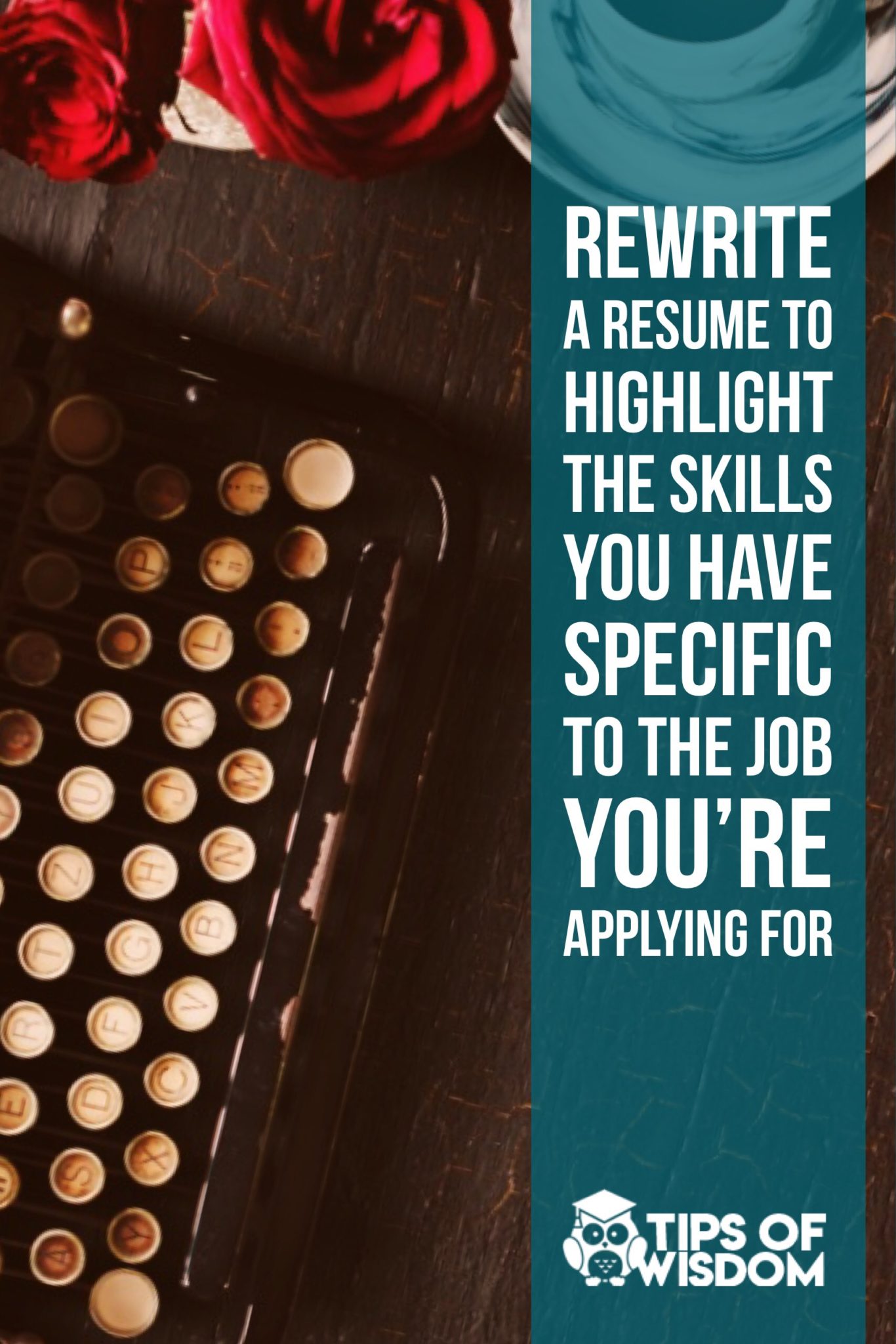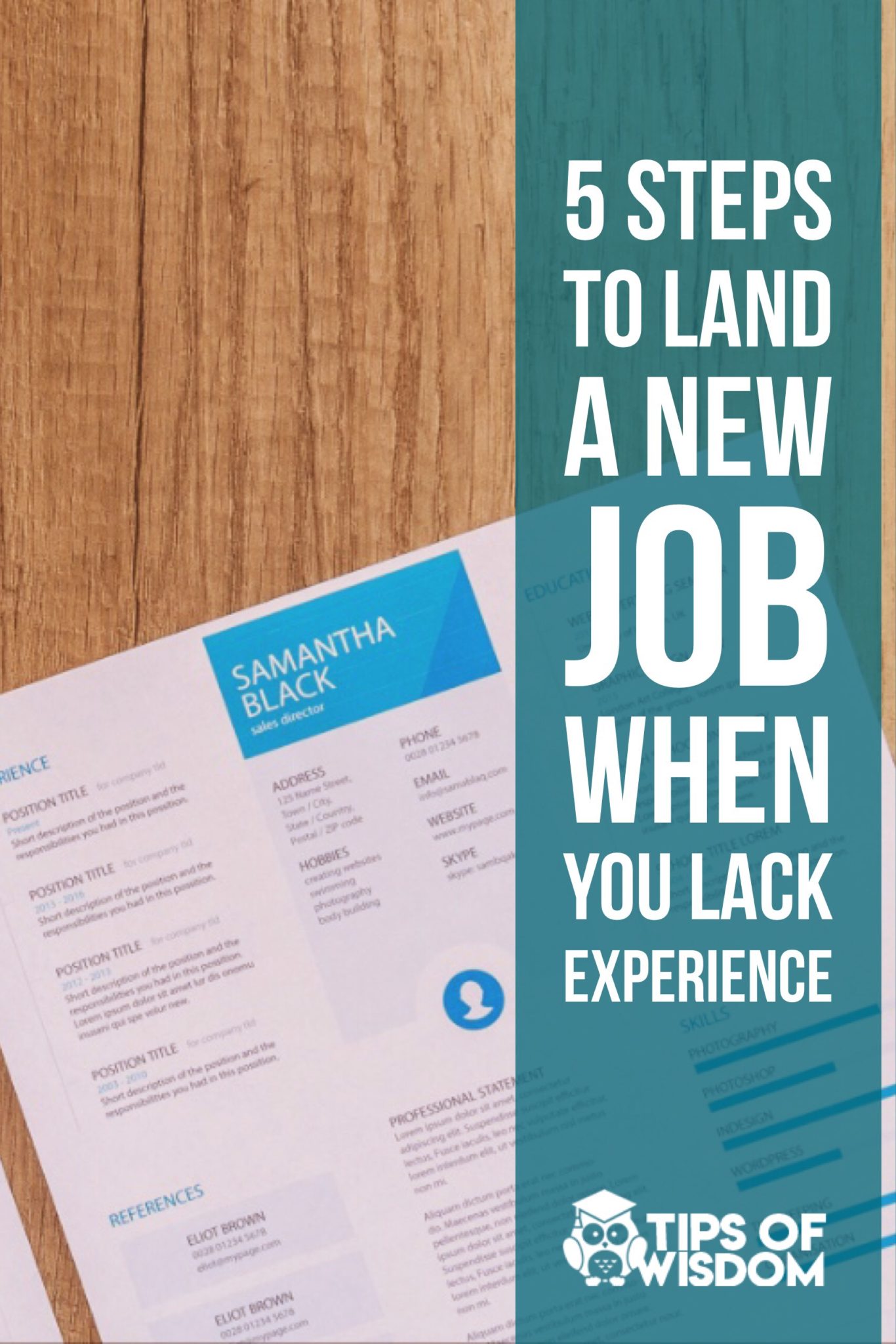One of the toughest parts about being a manager is finding the right talent to grow your team. Every time I post an open position online, I have no less than 50 applicants within the first week. The problem is, most of the applicants lack the main skills related to successfully accomplish the job they have just applied for online.
As I pondered this phenomenon, I realized I was once in the same boat. I often would apply for a job I knew I didn’t have the “required skills” for in hopes of getting selected. Twice I lucked out. But in both instances, I immediately went to work on improving my knowledge gap before I ever started the job. (Read: No Formal Training Required).
No matter what role you walk into at a new company, there is a certain amount of on the job training that has to happen. In marketing, you may need to learn brand standards, specific industry hot buttons, and company protocol. Outside of that, it is your responsibility to continue your marketing education. Marketing is your craft. It will follow you no matter where you go. If you rely on your employer to build a training program for you, you may become obsolete. The same can be said for jobs in other industries, too.
As I pondered my thought, I also thought about several recent applicants at interviews I had conducted. I came up with five tips and scenarios that I believe will help job seekers as they improve their odds of being hired or promoted into a new role. Each tip is a direct reflection on the question “Whose Job is It to Provide Career Training?” The answer may surprise you.
Scenario 1: Overcoming Lack of Work Experience
Recently a graphic design artist came in to interview with me for a strategic online marketing position. One of the qualifications for being selected for an interview was having at least one year of experience managing SEO and PPC campaigns. When I asked her to explain her experience to me, she said, “I actually did a different job for a year, but I watched the guy who did SEO.”
I asked her to elaborate on what “watched the guy” meant, hoping to find the secret sauce that told me she had the experience I needed on my team.
“I just watched him a few times because we were friends. But this is my dream job.”
I then asked her to expand upon what she had done to actually learn about and implement SEO and PPC campaigns since she had left that position.
“I haven’t done anything because my job hasn’t required me to. But I’m a quick learner. If you hire me, I’ll take all the training you want.”
When you lack the real world experience needed to land your dream job, start studying how to do the job on your own. The internet is full of free training resources to help you grow as a professional. If you spend your entire life waiting for someone else to teach you the skills you need, you will look back on your life and ask “What if…?”
Tip #1: Your success in life is largely determined by the skills you master. Spend at least 15 minutes a day learning how to improve yourself professionally. This could come in the form of reading, taking an online course, or practicing a new skill until it is full developed.

Scenario 2: Properly Constructing a Resume
I have five resumes or copywriters sitting on my desk. They standout for the wrong reason. Each resume either has multiple typos or several grammar mistakes. The mistakes standout more than usual because the applicants are applying for a job where attention to proper use of the English language and good editing skills are requirements.
Unfortunately, the mistakes are commonplace on most resumes I receive on a daily basis. People spend time putting their work history down on paper, but they don’t take the time to edit their resumes.
Additionally, most people only create one version of their resume and then use it to apply for multiple types of jobs. Resumes are your marketing tool to land you a first interview. Taking the time to rewrite a resume to highlight the skills you have specific to the job you’re applying for is in your best interest.
Tip #2: Customize your resume to fit the job you’re applying for, and then make sure you edit it for mistakes. Your local librarian will often assist in helping edit your resume at no charge.

Scenario 3: Writing Cover Letters that Tell Your Story
When a company requires a cover letter in addition to your resume, they are giving you an opportunity to highlight who you are and why you’re the right fit for the position. They aren’t asking you to regurgitate the information on your resume. Yet most people fail to seize the opportunity to stand out with a good story in their cover letter.
Instead of following the traditional method of writing cover letters found on a standard Google search, take time to tell your story. Your cover letter is your opportunity to set your resume apart from the other applications a selection team is sorting through. Telling your story is especially important if your resume fails to highlight how your have the skills to do the job.
I’ve included a picture of the opening paragraph for a cover letter I once wrote in hopes of landing an interview for a training position. While my resume highlighted a career in marketing, my cover letter explained how my experience in training went back to my youth. It landed me a phone interview.

Tip #3: Write a cover letter to highlight your unique story. It should show how you’ve personally helped other companies achieve the results the company is interviewing you to achieve.
Scenario 5: Preparing to Interview the Hiring Manager
Once you’ve snagged an interview, be prepared to ensure the job is really the right fit for you. Use websites like Glassdoor to research interview questions commonly used at that company. Prepare yourself to answer those questions by practicing with a friend or interview coach. One question that is always asked is, “Do you have any questions for me?”
Be prepared to professionally handle this portion of the interview. Ask questions that allow you to gain insights into the new role, the company, and how you can serve the company. Your questions should tie back into the things you heard during the interview.
Sample questions include:
1. What is the number one goal for this position to achieve in the first three months?
2. It sounded like _____ is a big issue right now. What has been done in the past to successfully solve this?
3. What type of training programs are available for this position?
4. One of the things you didn’t ask me about was (insert a skill you have). Would this be beneficial to the position?
Tip #4: Be prepared to end your interview by asking questions about the company and highlighting the skill set you do have.

Scenario 5: Building Skills that Improve Your Trade
Once you land a job, it’s your responsibility to learn how to become successful at your trade. Many employees believe their managers or company should provide all of their training. I partially agree with this thought. A company should be responsible for developing their workforce through training.
But most companies, especially small or startup companies, lack the resources needed to build formal training programs. Specifically, they lack the time to devote to developing their team. You’ll standout as an employee if you take the initiative to learn new skills on your own. Why? Not only will your new skills make you more successful in your role, they’ll also prove you’re committed to learning new ways to reach the goals you were hired to achieve.
My recommendation to employees I mentor on a regular basis is to attend one webinar and read one new book or podcast a month. Additionally, I recommend you subscribe to at least one weekly and one daily newsletter that share new tips for you on changes to your skill set and also changes in your industry.
Tip #5: You are ultimately responsible for developing your skills. Take initiative by building a firm foundation with knowledge from books, podcasts, and newsletters on a monthly basis.
Found these tips useful? Save them on Pinterest…

ABOUT THE AUTHOR
Tina Bell is the founder of TipsOfWisdom.com. She developed her marketing experience serving a variety of industries, mostly in smaller sized companies, where she was hired to build their marketing programs. These experiences provided her the opportunity to wear many hats and learn multiple facets of marketing. She spent over six years in medical marketing, helping build an urgent care business from two urgent care clinics to over 13 clinics in four states. In addition to being well versed in copywriting, grassroots and community marketing initiatives, Tina is a sought after speaker and regularly presents educational webinars. She was ranked the top speaker at the Urgent Care Association of America Conference and spearheaded the development of an online medical training newsletter before she left that industry to start her own consulting business.

